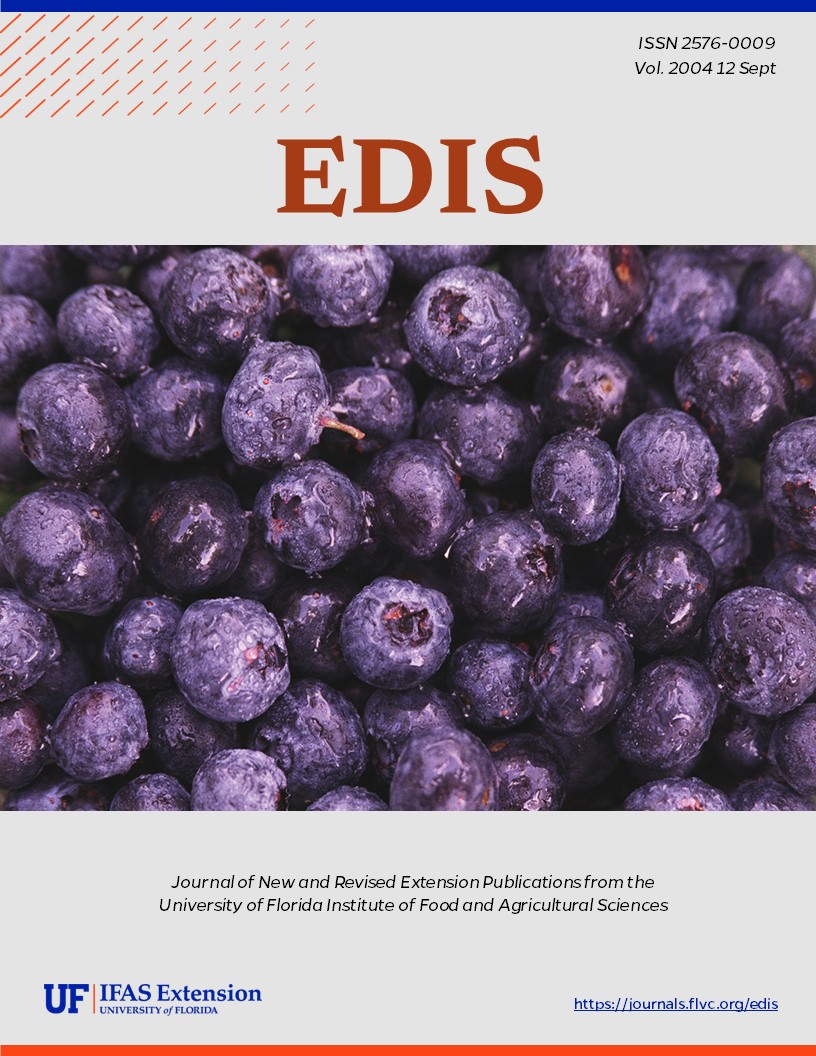Abstract
The three primary forces leading to the implementation of new economic policies for Cuban agriculture during the 1990s are the subject of this fact sheet. These policies were not the result of abrupt and irrational decisions by the Cuban leadership. They originated in three unrelated events that unfolded separately and almost simultaneously: (1) the relationship between state intervention and poor agricultural performance that was aggravated during the 1980s, (2) the demise of socialism in the countries of Eastern Europe and the Soviet Union, and (3) the reinforcement of U.S. economic sanctions against Cuba. This is EDIS document FE485, a publication of the Department of Food and Resource Economics, Florida Cooperative Extension Service, UF/IFAS, University of Florida, Gainesville, FL. Published July 2004.
FE485/FE485: Antecedents of the Cuban Agricultural Policies of the 1990s (ufl.edu)
References
Alvarez, José. 2004. Cuba's Agricultural Sector. Gainesville, FL: University Press of Florida.
Alvarez, José and Ricardo A. Puerta. 1994. State Intervention and Cuban Agriculture: Impact on Organization and Performance. World Development12 (11): 1663-1675. https://doi.org/10.1016/0305-750X(94)00074-3
Alvarez González, Elena, and María Antonia Fernández Mayo. 1992. Dependencia Externa de la Economía Cubana. In Documento INIE. Ciudad de la Habana: Instituto de Investigaciones Económicas.
Deere, Carmen Diana, Ernel González, Niurka Pérez, and Gustavo Rodríguez. 1995. Household Incomes in Cuban Agriculture: A Comparison of State, Co-operative, and Peasant Sectors. Development and Change 26 (2, April): 209-234. https://doi.org/10.1111/j.1467-7660.1995.tb00550.x
Enríquez, Laura J. 1994. The Question of Food Security in Cuban Socialism. Berkeley, CA: International and Area Studies, University of California.
Forster, Nancy. 1989. Cuban Agricultural Productivity. In Cuban Communism, edited by I.L. Horowitz, pp. 235-255. New Brunswick, NJ: Transaction Publishers.
Kaplowitz, Michael D., and Donna Rich Kaplowitz. 1993. Cuba and the United States: Opportunities Lost and Future Potential. In Cuba's Ties to a Changing World, edited by D.R. Kaplowitz. Boulder, CO: Lynne Reinner Publishers.
Nova González, Armando. 1994. La Reorganización de la Agricultura en Cuba-Factor Clave en la Estabilización Económica. Instituto Nacional de Investigaciones Económicas, Ciudad de la Habana (May).
Roy, Joaquín. 2000. Cuba, the United States, and the Helms-Burton Doctrine - International Reactions. Gainesville, FL: University Press of Florida.
Socorro, Miguel, Luis Alemán, and Salvador Sánchez. 2001. El Cultivo Popular del Arroz en Cuba. In Transformando el Campo Cubano - Avances de la Agricultura Sostenible, edited by F. Funes, L. García, M. Bourque, N. Pérez, and P. Rosset, pp. 111-118. Ciudad de la Habana: Asociación Cubana de Técnicos Agrícolas y Forestales.
Unless otherwise specified, articles published in the EDIS journal after January 1, 2024 are licensed under a Creative Commons Attribution-NonCommercial-NoDerivs 4.0 International (CC BY-NC-ND 4.0) license.

